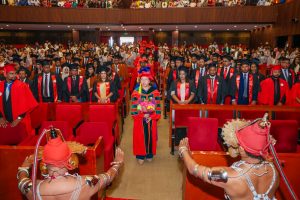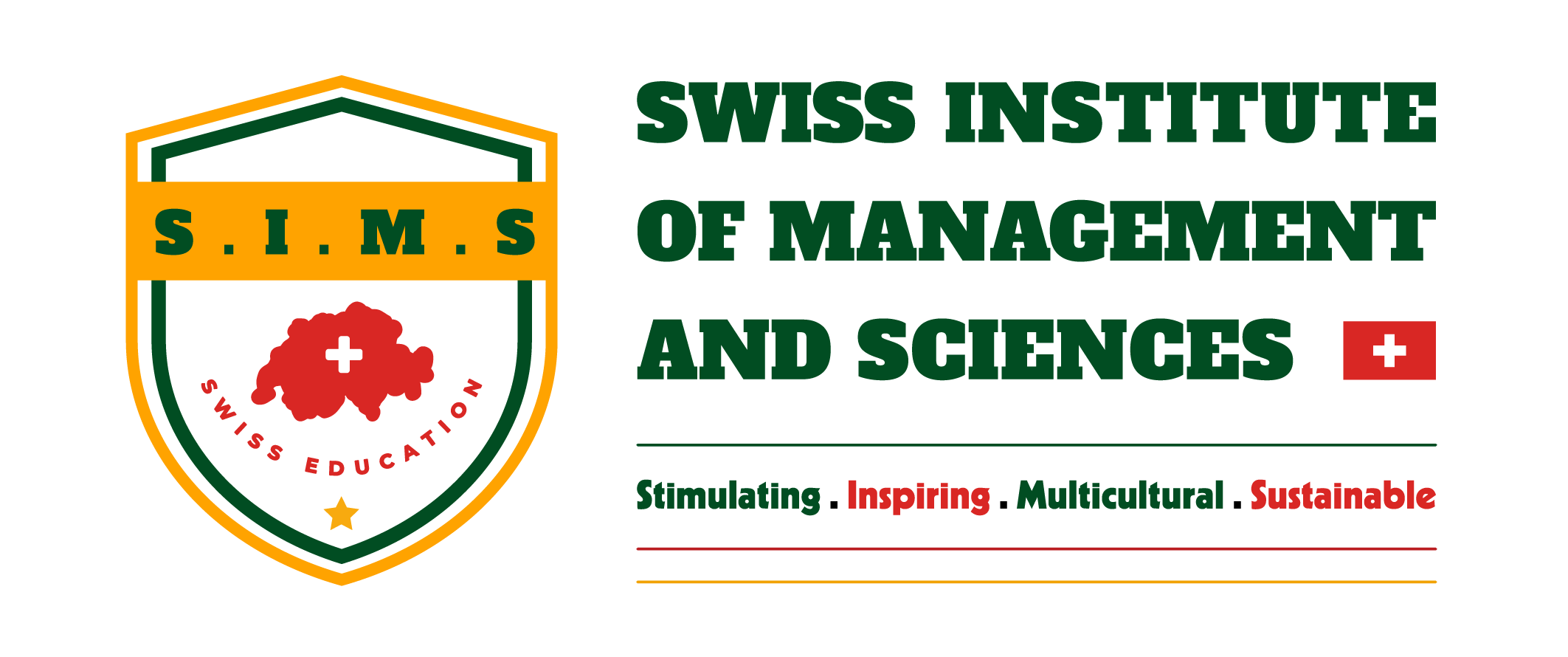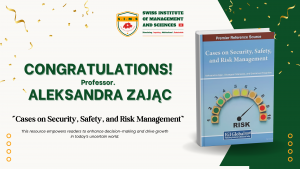
Education is a systematic process of acquiring knowledge, skills, values, and attitudes to develop an individual’s potential and prepare them for meaningful social participation. It is a lifelong journey that involves formal and informal learning experiences. Education encompasses a wide range of activities and methods, and it can take place in various settings, including schools, universities, workplaces, and beyond.
The following values of education explain how the Swiss Education system is one of the top global education systems. A few key principles characterize Swiss education philosophy, a well-regarded education system:
Vocational Education
Switzerland places a strong emphasis on vocational education and training (VET). The Swiss education system recognizes the value of practical, hands-on training alongside theoretical knowledge. Vocational pathways are considered prestigious, and they play a crucial role in preparing students for the workforce.
Dual Education System
A hallmark of Swiss education is its dual education system, where students often combine traditional classroom learning with practical, on-the-job training. This approach aims to bridge the gap between theory and practice, ensuring that students are well-prepared for the demands of the professional world.
Multilingual Education
Switzerland is a multilingual country with four official languages: German, French, Italian, and Romansh. The education system reflects this linguistic diversity, and students typically learn multiple languages during their schooling. This emphasis on multilingualism prepares students for an internationalized world.
Early Specialisation
Swiss students are encouraged to specialise relatively early in their education. After a period of general education, students may choose between academic and vocational tracks. This early specialisation helps in tailoring education to individual interests and career aspirations.
Continuous Assessment
The Swiss education system values continuous assessment rather than relying solely on final exams. Teachers often use a variety of assessment methods to gauge students’ progress over time. This approach provides a more comprehensive understanding of a student’s abilities and encourages a focus on understanding rather than rote memorization.
Strong Focus on Quality
Switzerland places a high premium on the quality of education. Rigorous standards are maintained, and there is a commitment to ensuring that students receive a high-quality education regardless of the canton in which they reside. This commitment is reflected in international assessments where Swiss students consistently perform well.
Inclusive Education
Switzerland is committed to inclusive education, aiming to provide equal opportunities for all students, including those with special needs. The education system strives to accommodate diverse learning styles and needs.
Tertiary Education and Research
Switzerland is renowned for its higher education and research institutions. The country invests significantly in research and development, and its universities are well-regarded globally. Tertiary education is often research-oriented and emphasizes critical thinking and innovation.
The Swiss education philosophy is characterized by flexibility, emphasis on practical skills, multilingualism, commitment to quality, and a dual education system that integrates academic and vocational learning. These principles contribute to an education system that is adaptive and inclusive and prepares students for both academic pursuits and professional success, which is respect from society.
About SIMS
SIMS is a highly regarded institution that specialises in offering world-class education to students from all over the globe.



